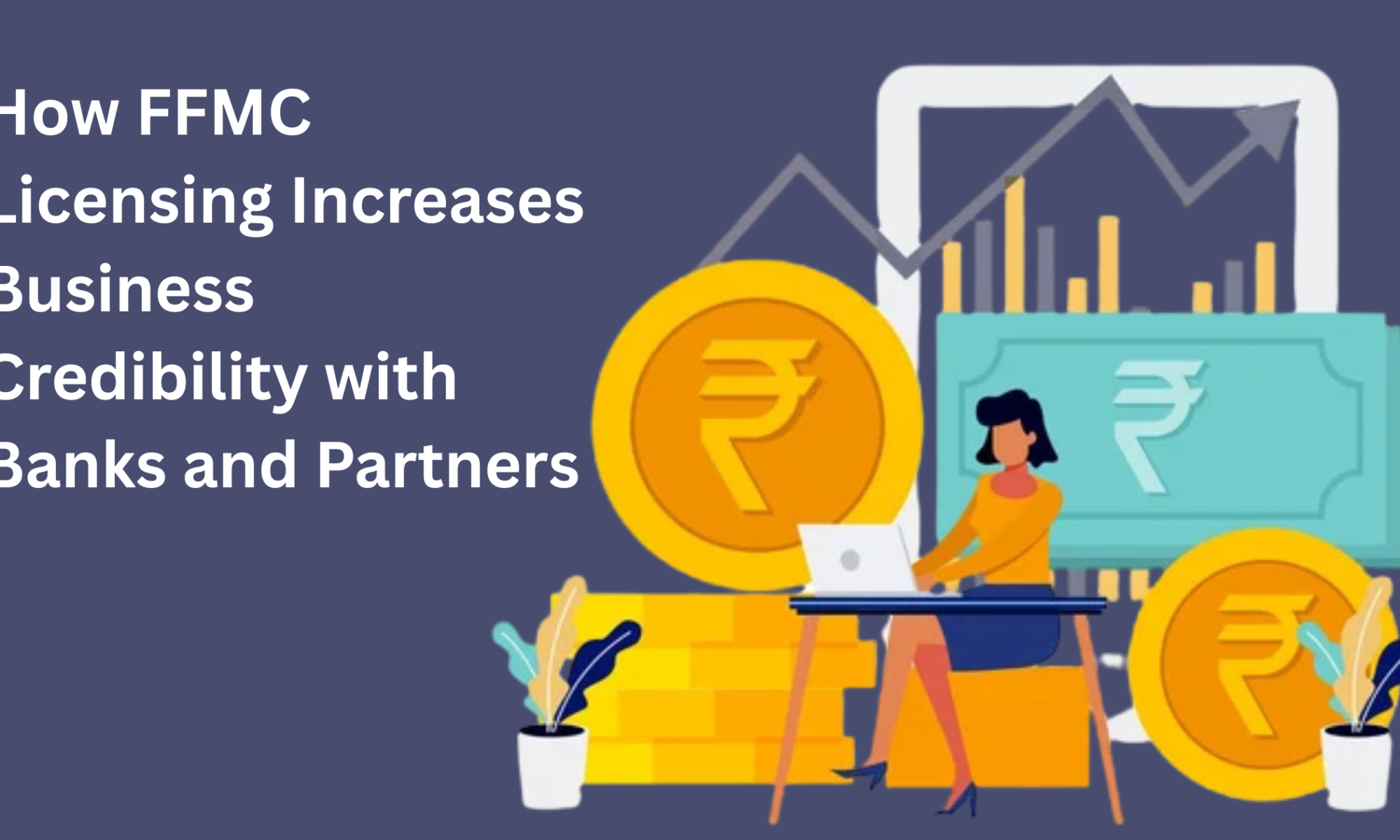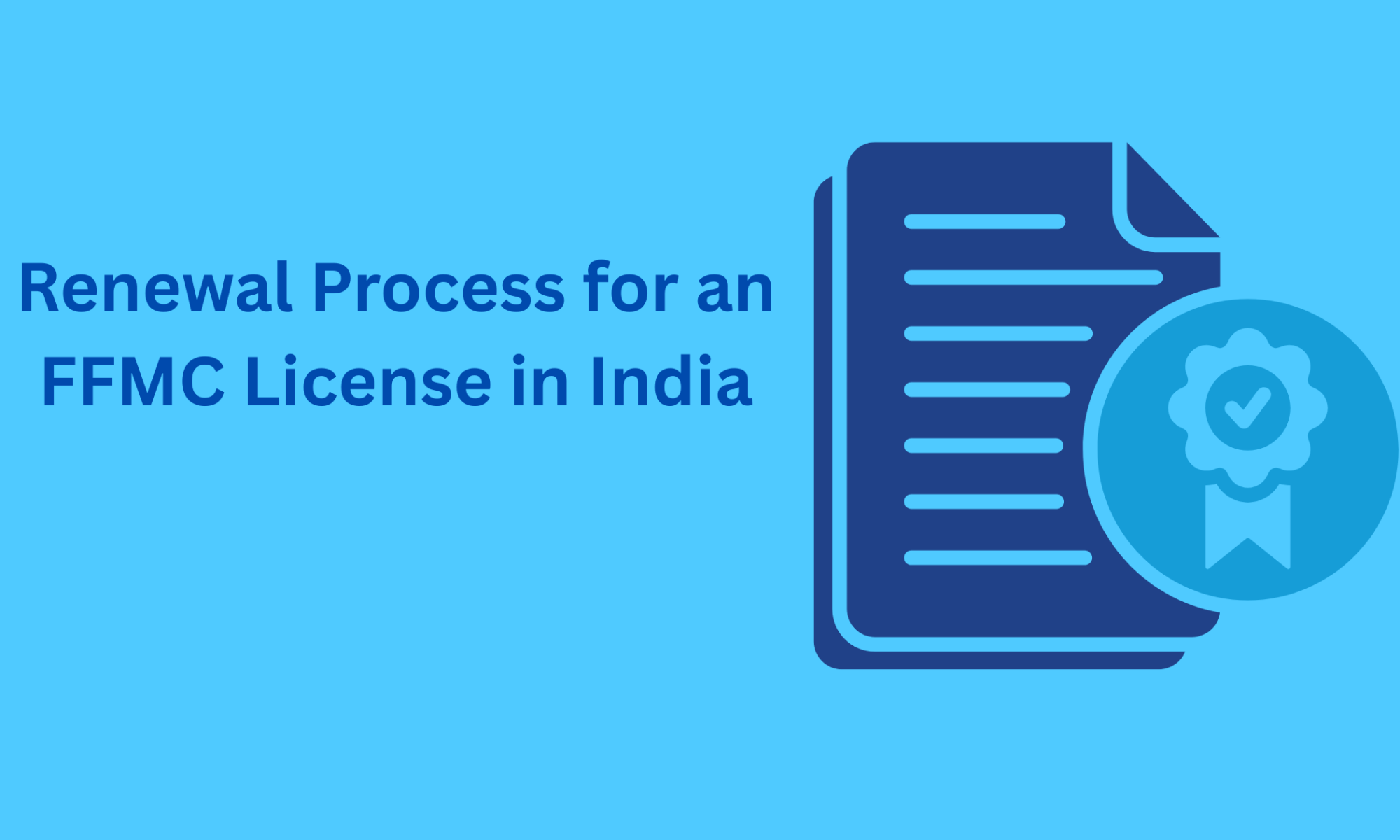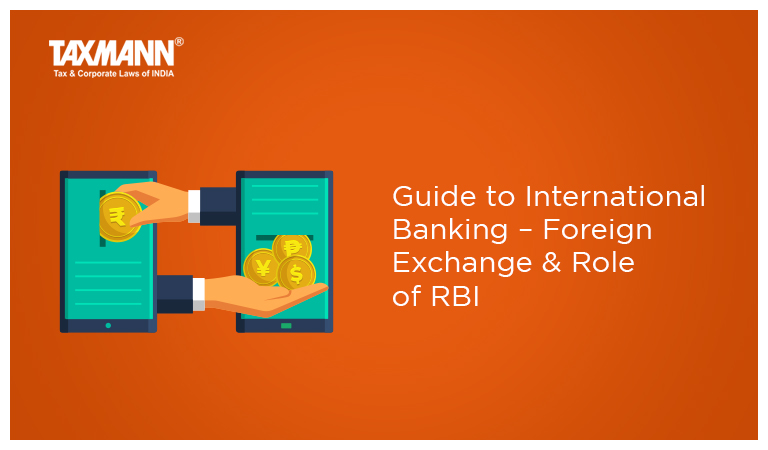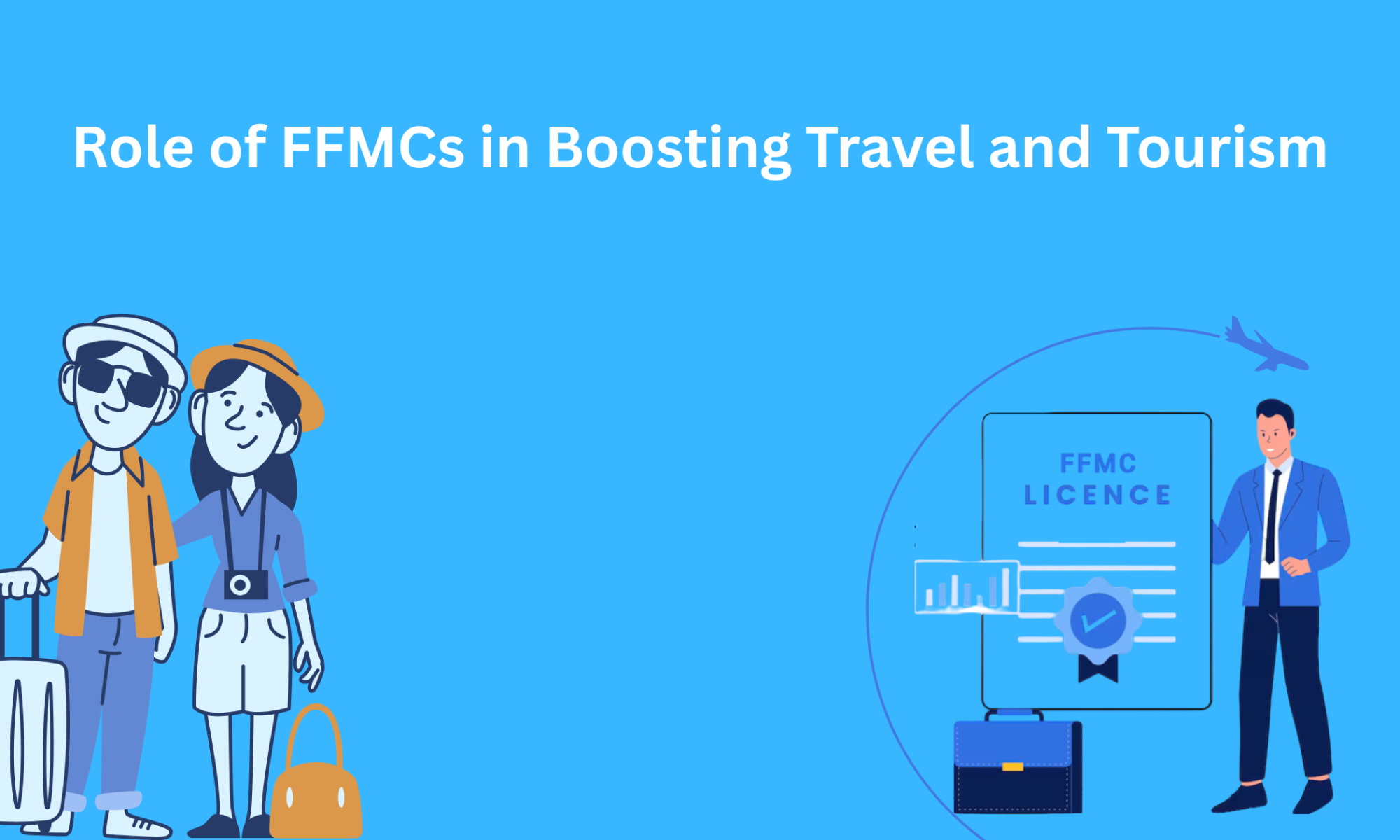The foreign exchange ecosystem in India is evolving rapidly, and Full Fledged Money Changers (FFMCs) are under increasing regulatory and operational pressure. With strict RBI norms governing the full fledged Money Changer license, businesses must ensure transparency, compliance, and robust risk management. This is where Artificial Intelligence (AI) and Data Analytics are transforming the FFMC industry.
The Growing Compliance Challenge for FFMCs
Entities holding an FFMC License in India must comply with multiple regulations, including KYC, AML, FEMA, and RBI reporting requirements. Manual compliance processes often lead to delays, human errors, and higher operational costs. As full fledged Money Changers scale their operations, the complexity of monitoring transactions and identifying risks increases significantly.
How AI Enhances Compliance Monitoring
AI-powered systems can automate and strengthen compliance frameworks for FFMCs. Advanced algorithms analyze large volumes of transaction data in real time to detect anomalies, suspicious patterns, and non-compliant activities.
For businesses operating under an FFMC, full fledge money changer license in India, AI tools help:
- Automate KYC and customer verification
- Identify high-risk transactions instantly
- Generate accurate compliance reports for regulators
This significantly reduces manual intervention and improves regulatory confidence.
Data Analytics for Smarter Risk Management
Data analytics enables FFMCs to move from reactive to proactive risk management. By leveraging historical data, analytics platforms can predict potential compliance risks, customer behavior trends, and exposure to foreign exchange volatility.
FFMCs holding FFMCs lincese in India can use data insights to:
- Monitor transaction trends across branches
- Assess customer risk profiles
- Optimize foreign currency inventory management
This data-driven approach supports sustainable growth while maintaining compliance.
AI in Fraud Detection and AML Controls
AI models are highly effective in identifying complex fraud patterns that traditional systems may miss. For FFMCs, this means stronger AML controls and faster detection of suspicious activities, ensuring adherence to RBI guidelines.
By integrating AI with digital platforms offering FFMCs license online application and management services, businesses can also streamline internal audits and compliance reviews.
Future of FFMC Operations in India
As regulatory scrutiny intensifies, AI and data analytics will become essential tools rather than optional upgrades. FFMCs that invest in intelligent compliance systems will not only safeguard their full fledged Money Changer license but also gain a competitive edge through efficiency, accuracy, and trust.
Conclusion
AI and data analytics are redefining how full fledged Money Changers operate in India. From smarter compliance monitoring to advanced risk management, these technologies empower FFMCs to stay compliant, reduce operational risks, and scale confidently. For businesses seeking long-term success under an FFMC License in India, embracing digital intelligence is the way forward.










